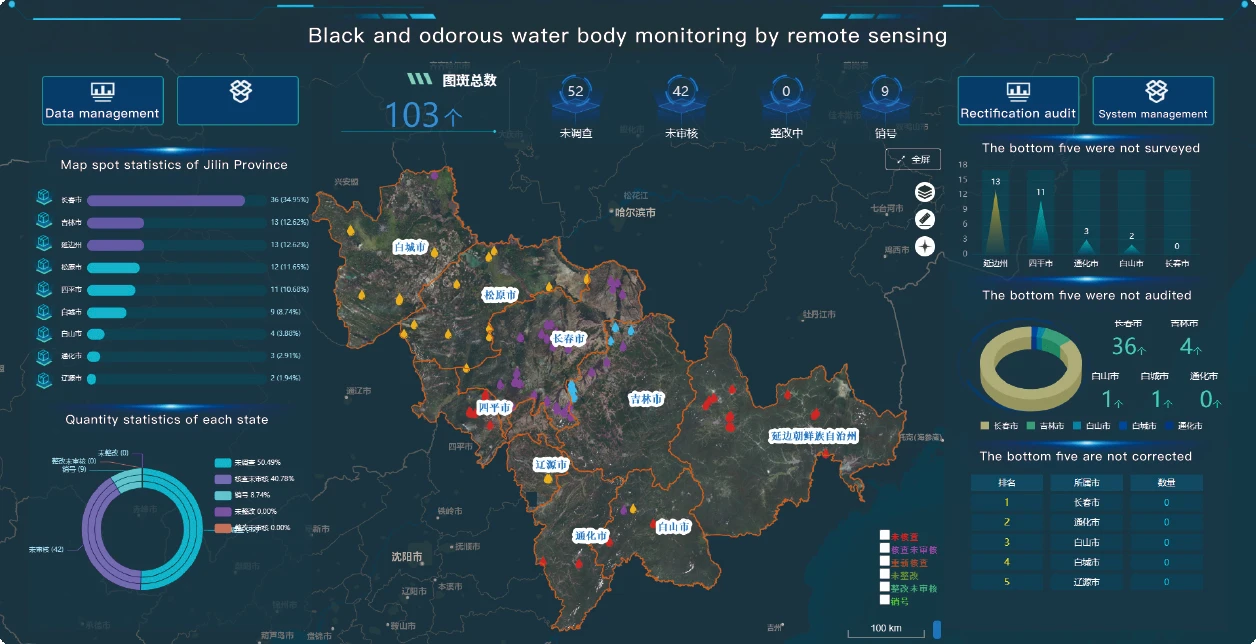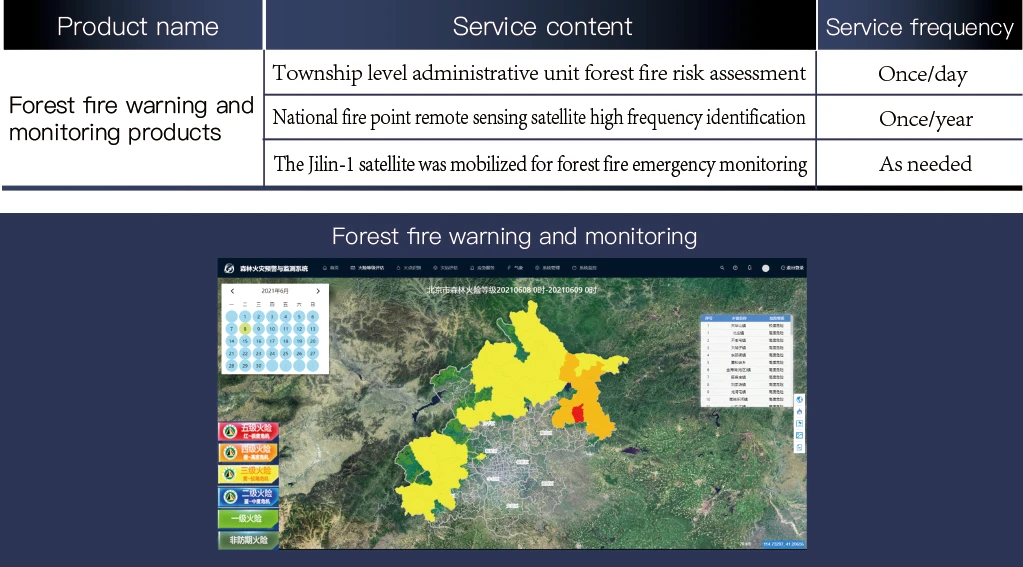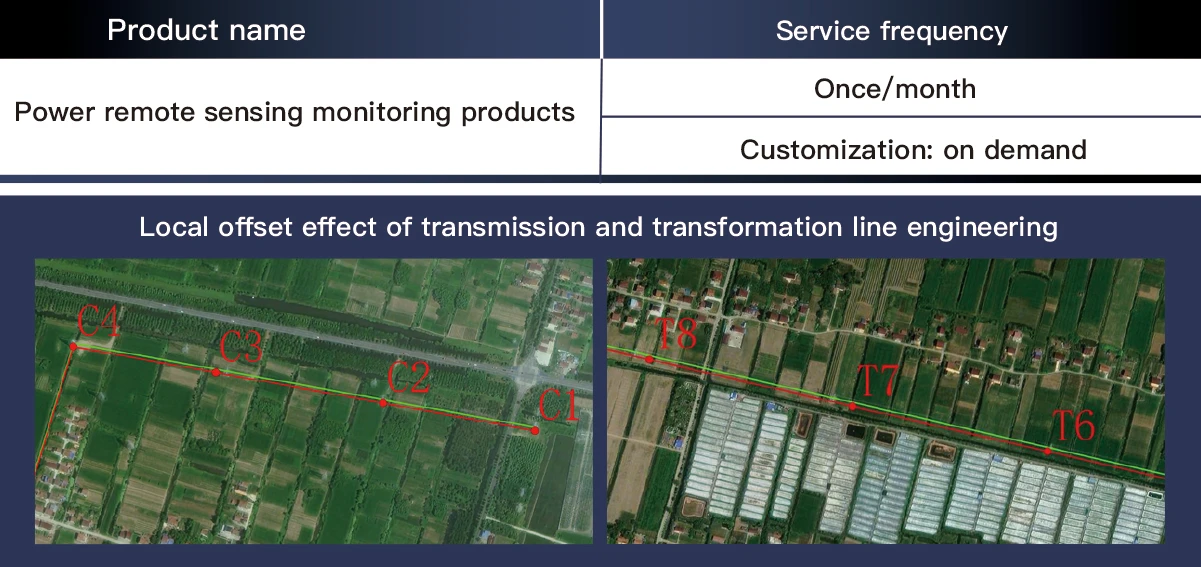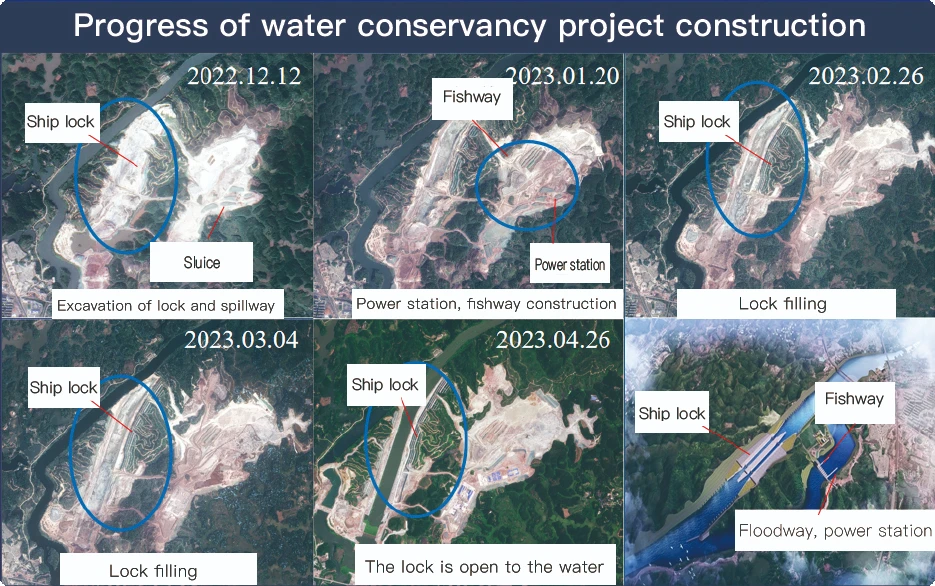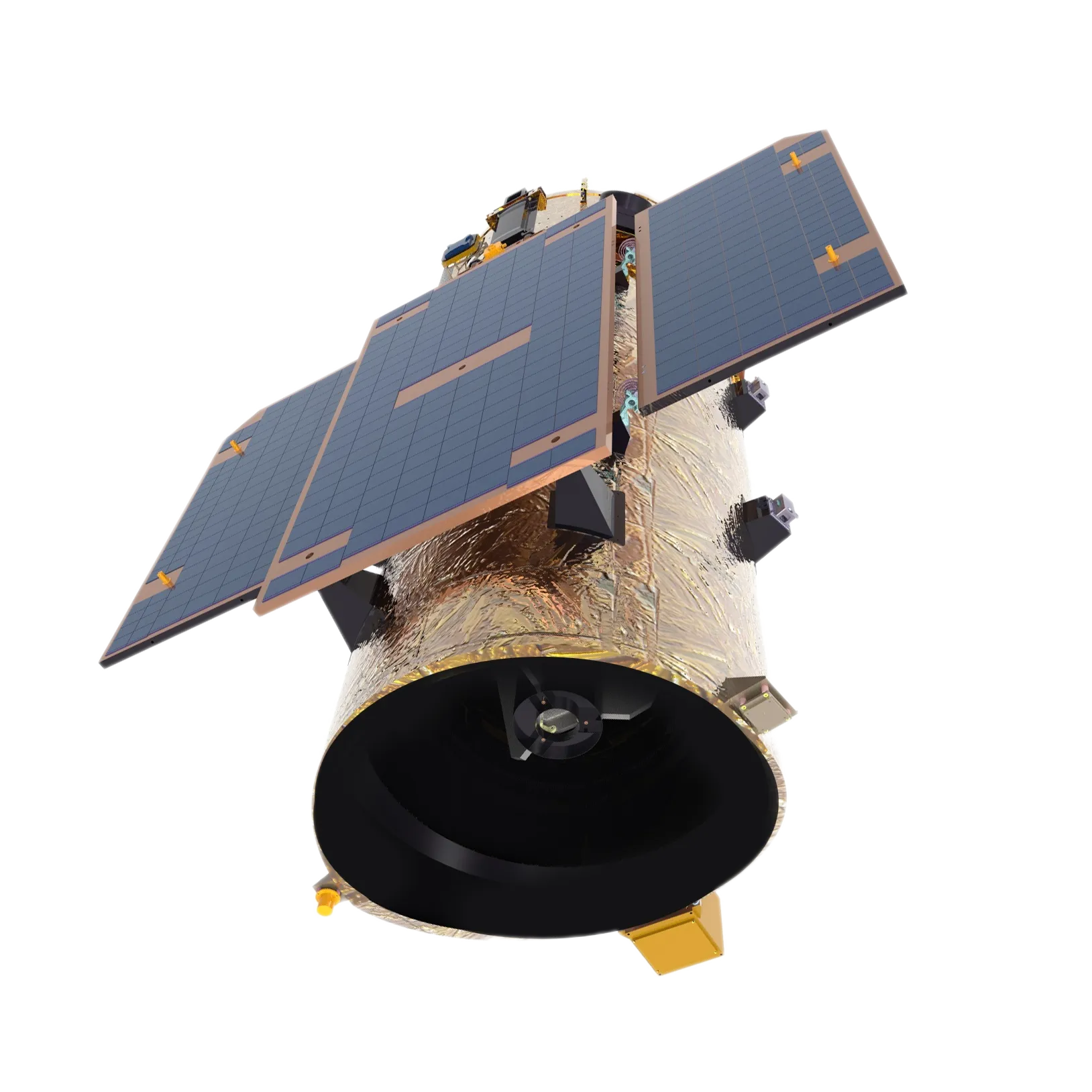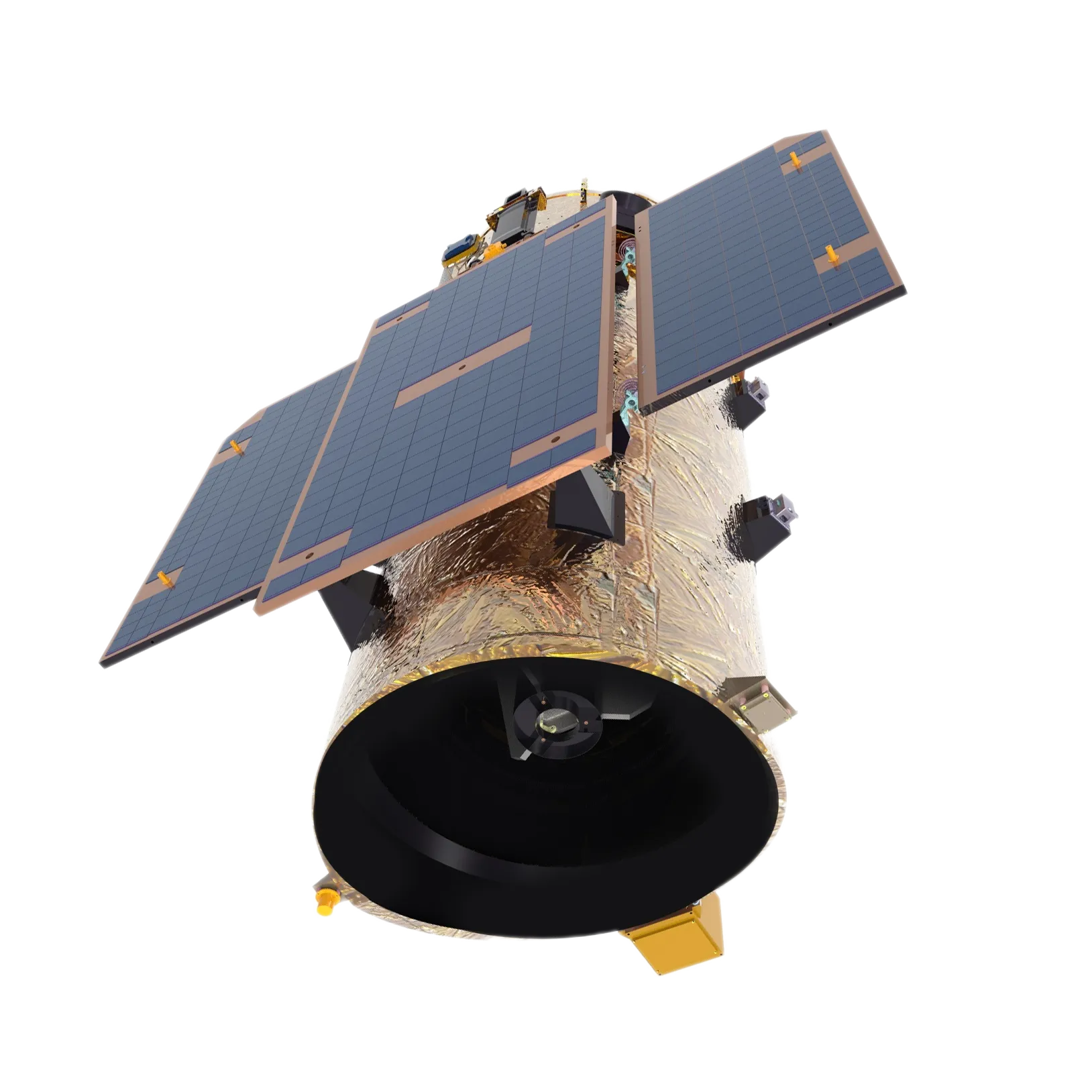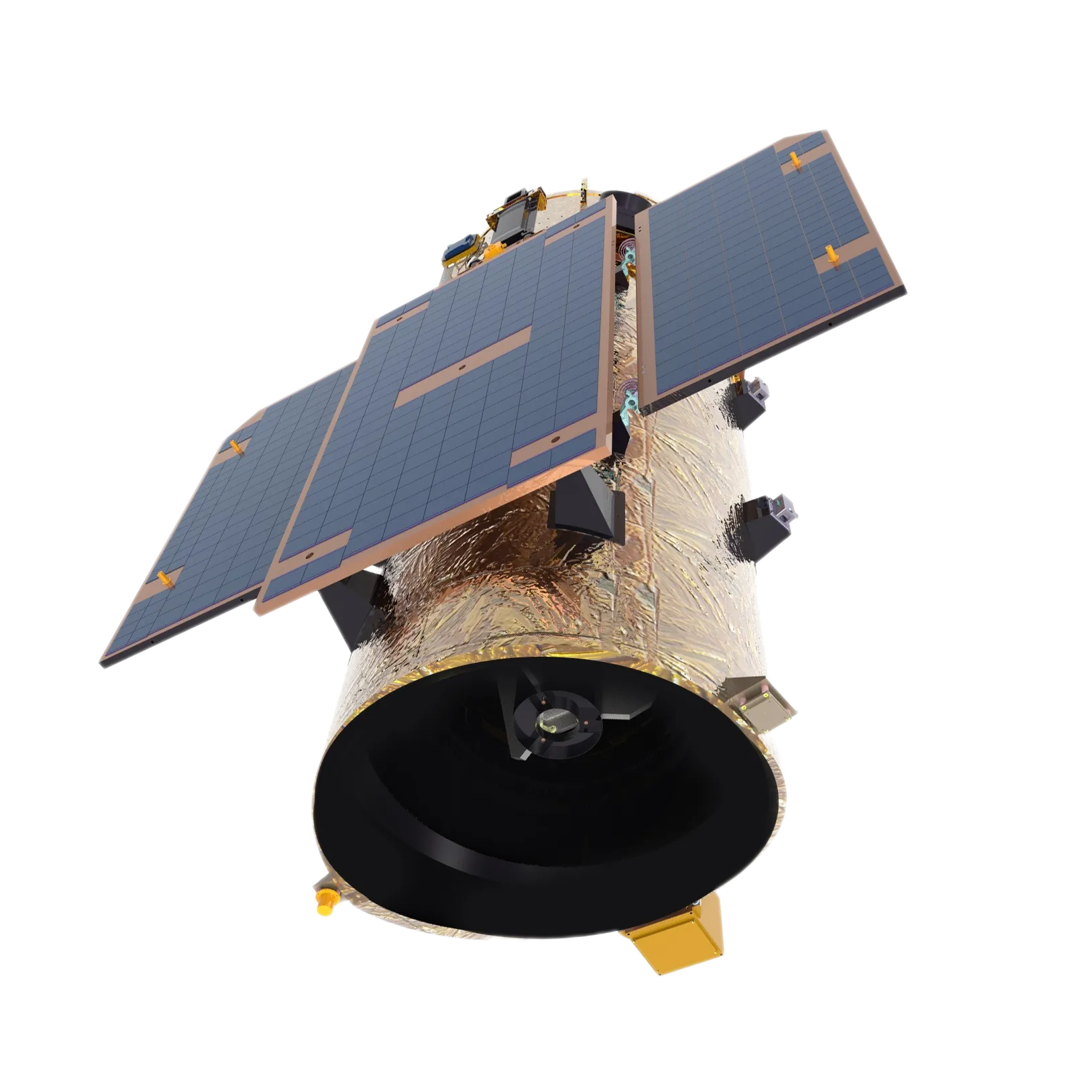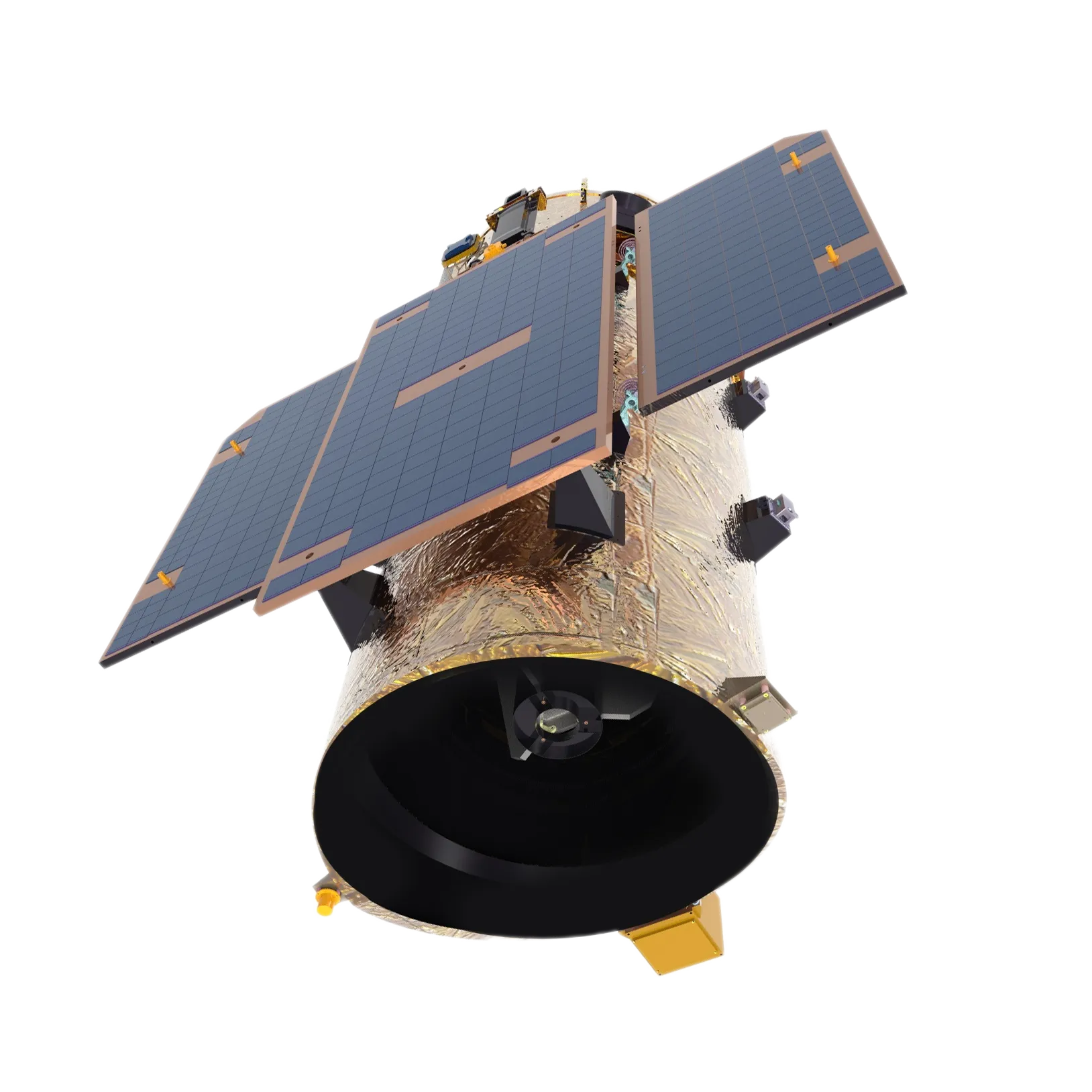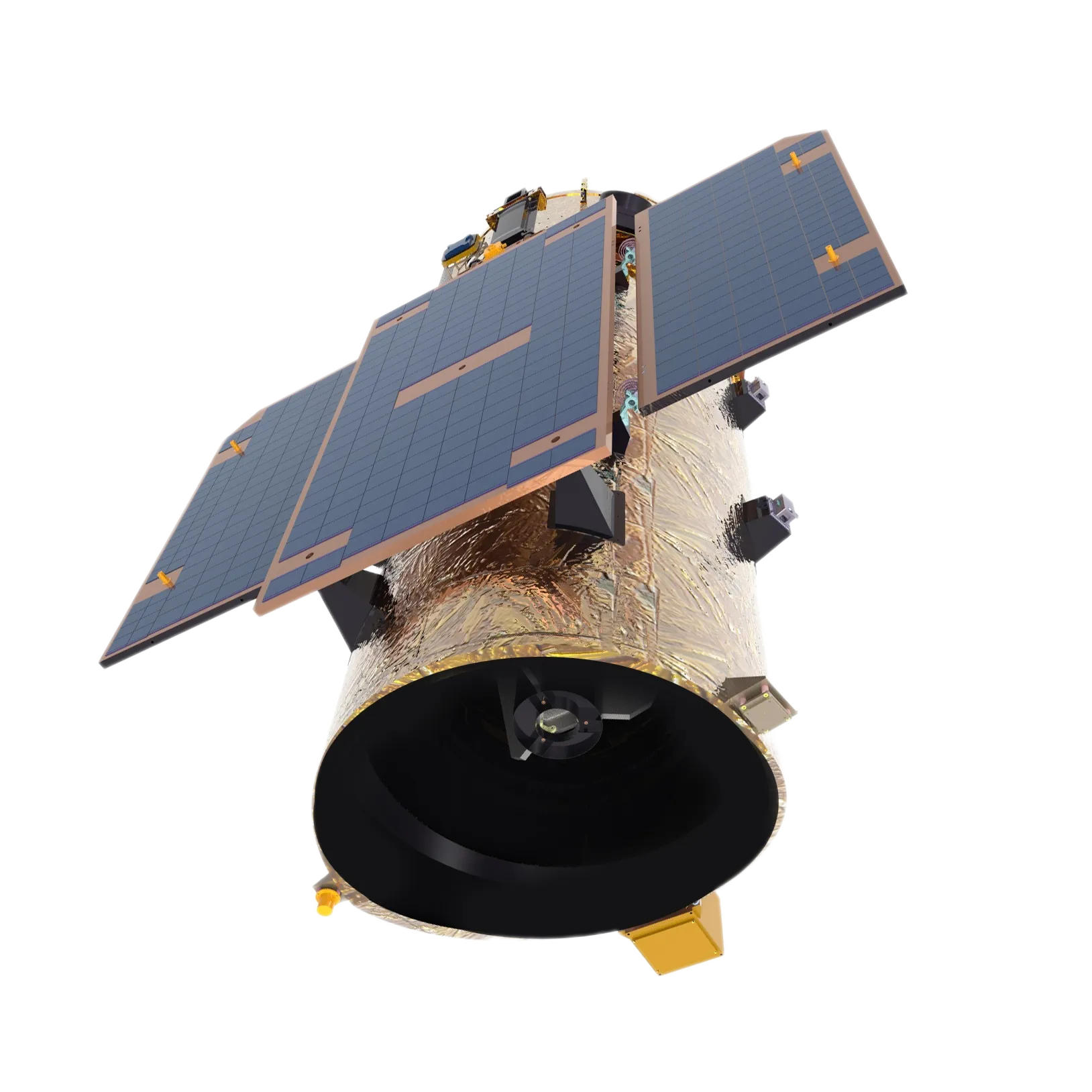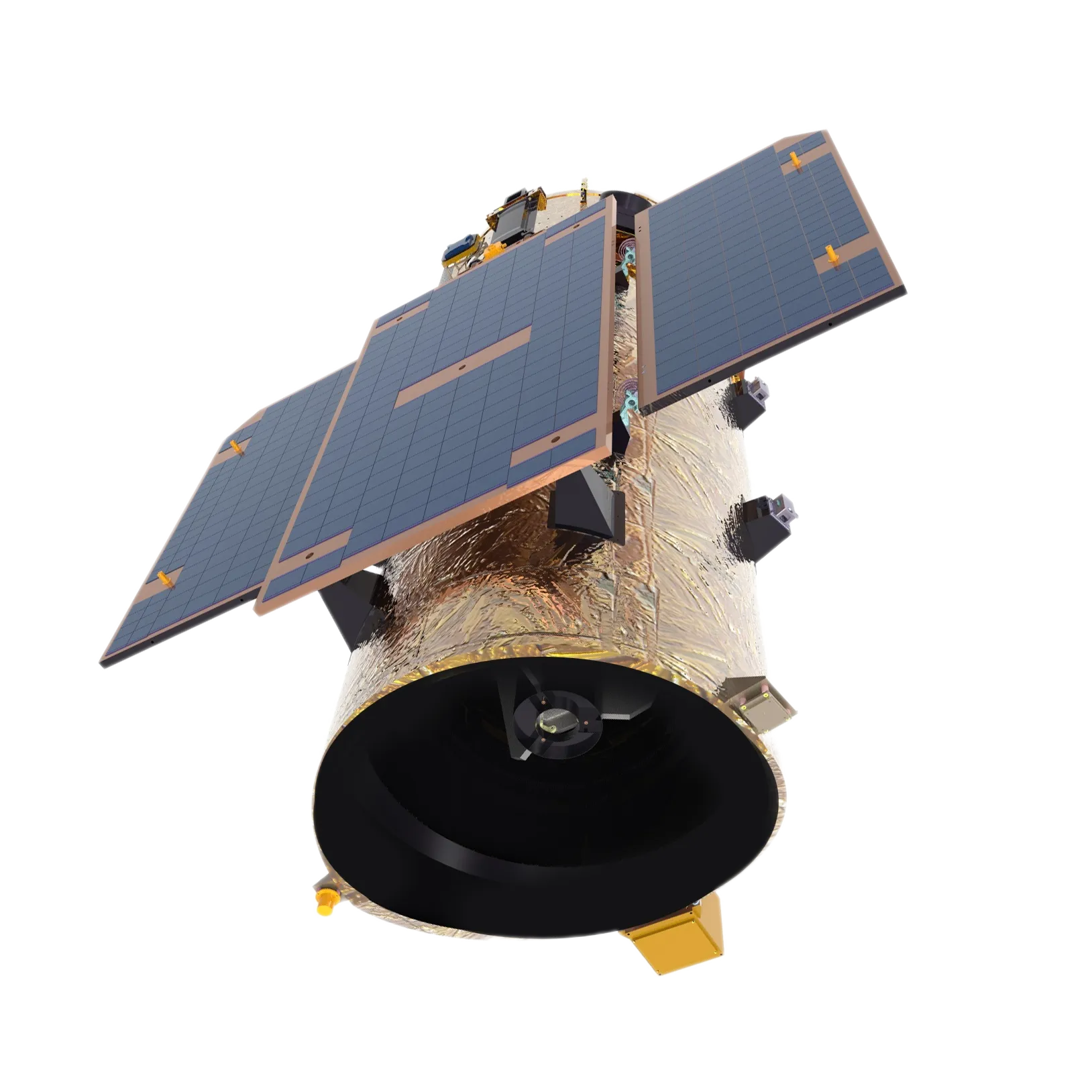
- Afrikaans
- Albanian
- Amharic
- Arabic
- Armenian
- Azerbaijani
- Basque
- Belarusian
- Bengali
- Bosnian
- Bulgarian
- Catalan
- Cebuano
- China
- Corsican
- Croatian
- Czech
- Danish
- Dutch
- English
- Esperanto
- Estonian
- Finnish
- French
- Frisian
- Galician
- Georgian
- German
- Greek
- Gujarati
- Haitian Creole
- hausa
- hawaiian
- Hebrew
- Hindi
- Miao
- Hungarian
- Icelandic
- igbo
- Indonesian
- irish
- Italian
- Japanese
- Javanese
- Kannada
- kazakh
- Khmer
- Rwandese
- Korean
- Kurdish
- Kyrgyz
- Lao
- Latin
- Latvian
- Lithuanian
- Luxembourgish
- Macedonian
- Malgashi
- Malay
- Malayalam
- Maltese
- Maori
- Marathi
- Mongolian
- Myanmar
- Nepali
- Norwegian
- Norwegian
- Occitan
- Pashto
- Persian
- Polish
- Portuguese
- Punjabi
- Romanian
- Russian
- Samoan
- Scottish Gaelic
- Serbian
- Sesotho
- Shona
- Sindhi
- Sinhala
- Slovak
- Slovenian
- Somali
- Spanish
- Sundanese
- Swahili
- Swedish
- Tagalog
- Tajik
- Tamil
- Tatar
- Telugu
- Thai
- Turkish
- Turkmen
- Ukrainian
- Urdu
- Uighur
- Uzbek
- Vietnamese
- Welsh
- Bantu
- Yiddish
- Yoruba
- Zulu
Satellite Data
Satellite data refers to information collected by satellites orbiting the Earth, including imagery, weather patterns, environmental changes, and communication signals. It is widely used in industries such as agriculture, disaster management, defense, and scientific research to support decision-making and innovation.
Interested in leveraging satellite data for your applications?
Completely synergize resource taxing relationships via premier niche markets professionally.
Contact UsHow Is Satellite Data Collected And Used In Different Industries?
Satellite data is gathered using specialized sensors and instruments mounted on satellites orbiting the Earth. These satellites use optical cameras, radar, infrared sensors, and communication systems to collect various types of data, which is then transmitted to ground stations for analysis. Depending on the type of satellite, data collection can range from real-time imaging to long-term environmental monitoring.
One of the most significant applications of satellite data is in weather forecasting and climate monitoring. Meteorological satellites track temperature changes, cloud formations, and atmospheric conditions, providing accurate weather predictions. This data helps in disaster preparedness, such as predicting hurricanes, floods, and wildfires, allowing authorities to take preventive measures.
In agriculture, satellite data is used for precision farming, crop monitoring, and soil analysis. By analyzing multispectral and infrared images, farmers can assess crop health, detect pest infestations, and optimize irrigation. This leads to increased crop yields and sustainable farming practices.
The environmental and geological sectors also heavily rely on satellite data. Scientists use it to track deforestation, ice cap melting, and ocean pollution, helping to monitor climate change and natural resource management. Geological surveys use satellite imagery to detect earthquakes, landslides, and mineral deposits, supporting infrastructure planning and resource exploration.
In military and security, satellite data is used for surveillance, border monitoring, and intelligence gathering. Defense agencies rely on high-resolution satellite images to track troop movements, detect threats, and enhance national security.
With advancements in artificial intelligence and big data processing, satellite data is becoming even more valuable, enabling faster and more accurate decision-making across various industries. Its role in global development, environmental protection, and security continues to expand.
Applications of Satellite Data in Different Industries
-
 Weather Forecasting and Climate MonitoringTracks atmospheric conditions, predicts storms, and helps in disaster preparedness.
Weather Forecasting and Climate MonitoringTracks atmospheric conditions, predicts storms, and helps in disaster preparedness. -
 Agriculture and Precision FarmingMonitors crop health, soil moisture, and pest activity to optimize farming practices.
Agriculture and Precision FarmingMonitors crop health, soil moisture, and pest activity to optimize farming practices. -
 Environmental and Geological AnalysisHelps study deforestation, climate change, ocean pollution, and natural resource exploration.
Environmental and Geological AnalysisHelps study deforestation, climate change, ocean pollution, and natural resource exploration. -
 Military and Security ApplicationsSupports surveillance, intelligence gathering, and border monitoring for national defense.
Military and Security ApplicationsSupports surveillance, intelligence gathering, and border monitoring for national defense.
